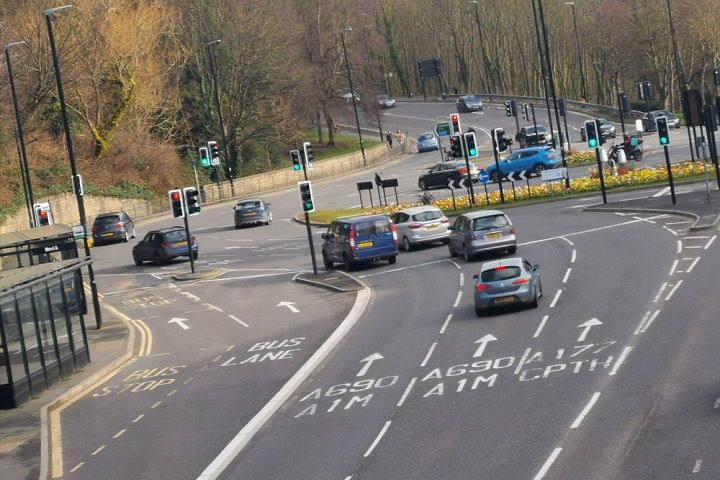
The newly-announced Automated Vehicles Bill will set a rigorous safety framework for self-driving vehicles, with safety at its core, the Government says.
Unveiled during the King’s Speech on 7 November, the bill is designed to ‘unlock a transport revolution’ by enabling the safe deployment of self-driving vehicles.
The Government says self-driving vehicles will make transport safer, more convenient and more accessible, improving the lives of millions of people.
With 88% of collisions currently involving human error, it adds that the potential for automated vehicles to reduce costs, injuries, and fatalities is ‘enormous’.
The bill will set the threshold for self-driving vehicles in law. Only vehicles that can drive themselves safely and can follow all road traffic rules without the need for a human to monitor or control the vehicle to maintain that level of safety will be classified as self-driving and allowed on UK roads.
The DfT and its agencies will be given new powers to authorise these vehicles and ensure in-use compliance with the safety standards that will be set.
The bill will help hold companies ‘firmly accountable’ once vehicles are on the roads.
Companies will have to meet safety requirements from the point a vehicle is introduced onto the road or face new sanctions and penalties if they fail in their duty. These include fines, requirements to take corrective action, and suspension of operation. Criminal offences will apply in serious cases.
The bill will also set out new processes to investigate incidents involving self-driving vehicles to ensure that lessons are fed back into the safety framework.
“Sort out the state of our roads” – RAC
While welcoming the bill, the RAC says “it’s hard to fathom” how driverless cars can safely operate given the state of UK roads.
Simon Williams, RAC head of policy, said: “While the concept of truly driverless vehicles being commonplace on our roads might still be a little sci-fi to the average driver, there is no doubting the need for this bill. The technology is moving at pace and it’s vital the UK isn’t left behind.
“However, if we’re ever to truly realise the benefits of autonomous technology we have to sort out the state of our roads once and for all.
“It’s hard to fathom how driverless cars will be able to safely navigate our streets when so many road markings are faded, and then there’s the prospect of vehicles getting needlessly damaged by the UK’s pothole plague as they surely won’t be programmed to avoid them.”
Comment on this story